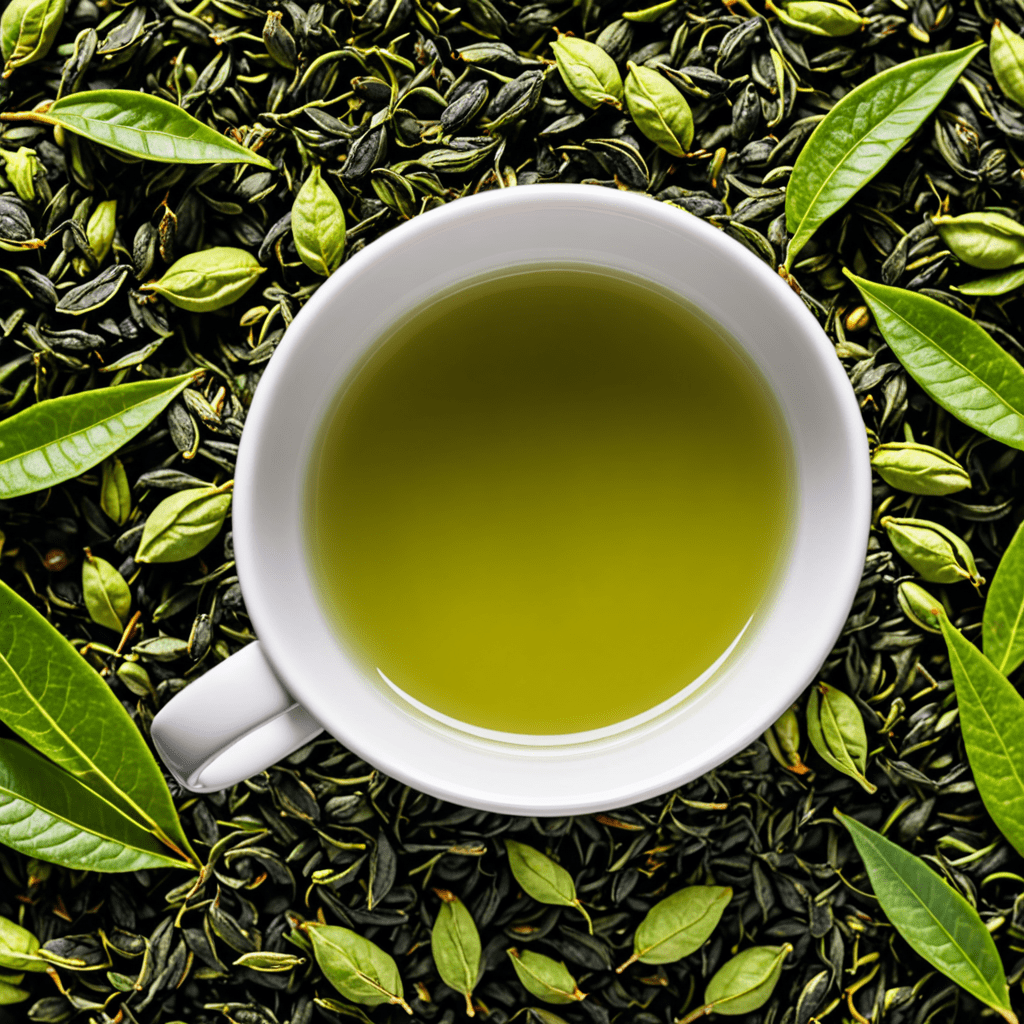Sage Tea: Aromatic Herb with Health Benefits
Sage tea is not just a delicious herbal infusion; it also offers a myriad of health benefits due to its unique properties. This aromatic herb, commonly used in cooking, has been treasured for its medicinal qualities for centuries. Let’s delve into the wonders of sage tea and discover why it’s worth incorporating into your daily routine.
The Origins of Sage Tea
Sage, scientifically known as Salvia officinalis, has a long history of medicinal and culinary use. Native to the Mediterranean region, this herb is renowned for its distinct earthy flavor and fragrant aroma. Traditionally, sage tea has been used to alleviate various ailments, making it a staple in natural remedies across different cultures.
Health Benefits of Sage Tea
1. Rich in Antioxidants: Sage tea is packed with antioxidants that help combat oxidative stress and boost overall health.
2. Anti-Inflammatory Properties: The anti-inflammatory compounds in sage tea can help reduce inflammation in the body.
3. Improves Digestion: Drinking sage tea after meals may aid digestion and alleviate bloating.
4. Enhances Cognitive Function: Some studies suggest that sage tea may have cognitive-enhancing effects, benefiting memory and concentration.
5. Immune System Support: The immune-boosting properties of sage tea can help ward off common illnesses.
How to Prepare Sage Tea
To enjoy the benefits of sage tea, follow these simple steps:
1. Boil water.
2. Pour the hot water over a few sage leaves or a sage tea bag.
3. Allow it to steep for 5-10 minutes to extract the flavors and nutrients.
4. Strain the tea and sweeten with honey or a slice of lemon, if desired.
5. Enjoy your soothing cup of sage tea!
Side Effects and Precautions
While sage tea is generally safe for most people when consumed in moderation, it’s essential to be aware of potential side effects. Excessive intake of sage tea may lead to digestive issues or allergic reactions in some individuals. Pregnant women and those with certain medical conditions should consult a healthcare provider before adding sage tea to their diet.
In Conclusion
Sage tea is not just a flavorful beverage; it’s a natural remedy packed with health benefits. By incorporating this aromatic herb into your daily routine, you can enjoy its antioxidant-rich, anti-inflammatory, and digestion-boosting properties. Remember to savor each sip of sage tea for both its taste and the wellness it brings to your body.
FAQ About Sage Tea
What is Sage Tea?
Sage tea is an herbal infusion made from the leaves of the sage plant, known for its aromatic and earthy flavor. It has been used for centuries in traditional medicine and culinary practices.
What are the Health Benefits of Sage Tea?
Sage tea is rich in antioxidants and anti-inflammatory properties that may help improve digestion, boost cognitive function, and strengthen the immune system. It is also believed to support oral health and aid in menopausal symptoms.
How is Sage Tea Prepared?
To make sage tea, steep 1-2 teaspoons of dried sage leaves in hot water for 5-10 minutes. Strain the leaves and enjoy the tea hot or cold. You can also add honey or lemon for extra flavor.
Are There any Potential Side Effects of Sage Tea?
While sage tea is generally safe for most people when consumed in moderation, excessive intake may lead to some side effects such as nausea or allergic reactions. Pregnant women should avoid consuming large amounts of sage tea due to its potential to stimulate uterine contractions.
Where Can I Purchase Sage Tea?
Sage tea can be found in health food stores, online retailers, and specialty tea shops. Ensure you are buying from a reputable source


